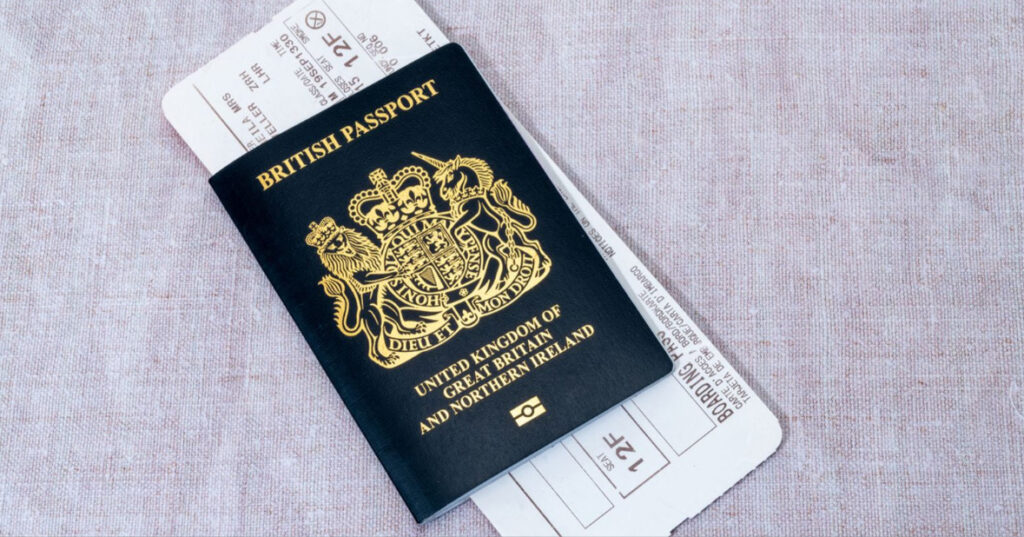From tomorrow, acquiring a British passport will become 7% more expensive. The fee for an online application will increase by £6, reaching £94.50.
Over the last two years, the cost of applying for a UK passport has surged by more than 25%.
Despite this, the Home Office states it does not profit from these fees and aims to maintain the passport processing time at approximately three weeks.
The government explains that the new fees will enable the Home Office to progress towards a self-sustaining system, minimising its dependency on general taxation.
A portion of the fee contributes to the funding of passport control and border staff, and some funds also support consular assistance abroad, including issues with lost or stolen passports.
Applicants who submit their renewal by the end of today, 9 April, will avoid the price increase, saving £6. Meanwhile, the Irish passport has recently been recognised as the most advantageous globally, offering numerous benefits and easier entry due to Ireland’s EU membership.
This includes avoiding lengthy queues in EU countries and the exemption from the UK’s Electronic Travel Authorisation (ETA)—Ireland is the only country with this privilege.
According to the Department of Foreign Affairs, individuals born on the island of Ireland before 2005, or with a parent born there, are entitled to Irish citizenship and can apply for an Irish passport without needing to register as a citizen.
Those born in Ireland to British or Irish parents automatically acquire Irish citizenship. However, the eligibility for those born after 2005 depends on their parents’ length of residence and legal status in Ireland.
Individuals with an Irish grandparent can claim citizenship by descent, and those born abroad to an Irish citizen at the time of their birth can claim citizenship through Foreign Birth Registration.
Even after this increase, the UK passport remains one of the priciest in Europe, although passports from Italy (£97), Denmark (£100), and Switzerland (£123) cost more, while those from Norway (£55) and Lithuania (£43) are significantly cheaper.


